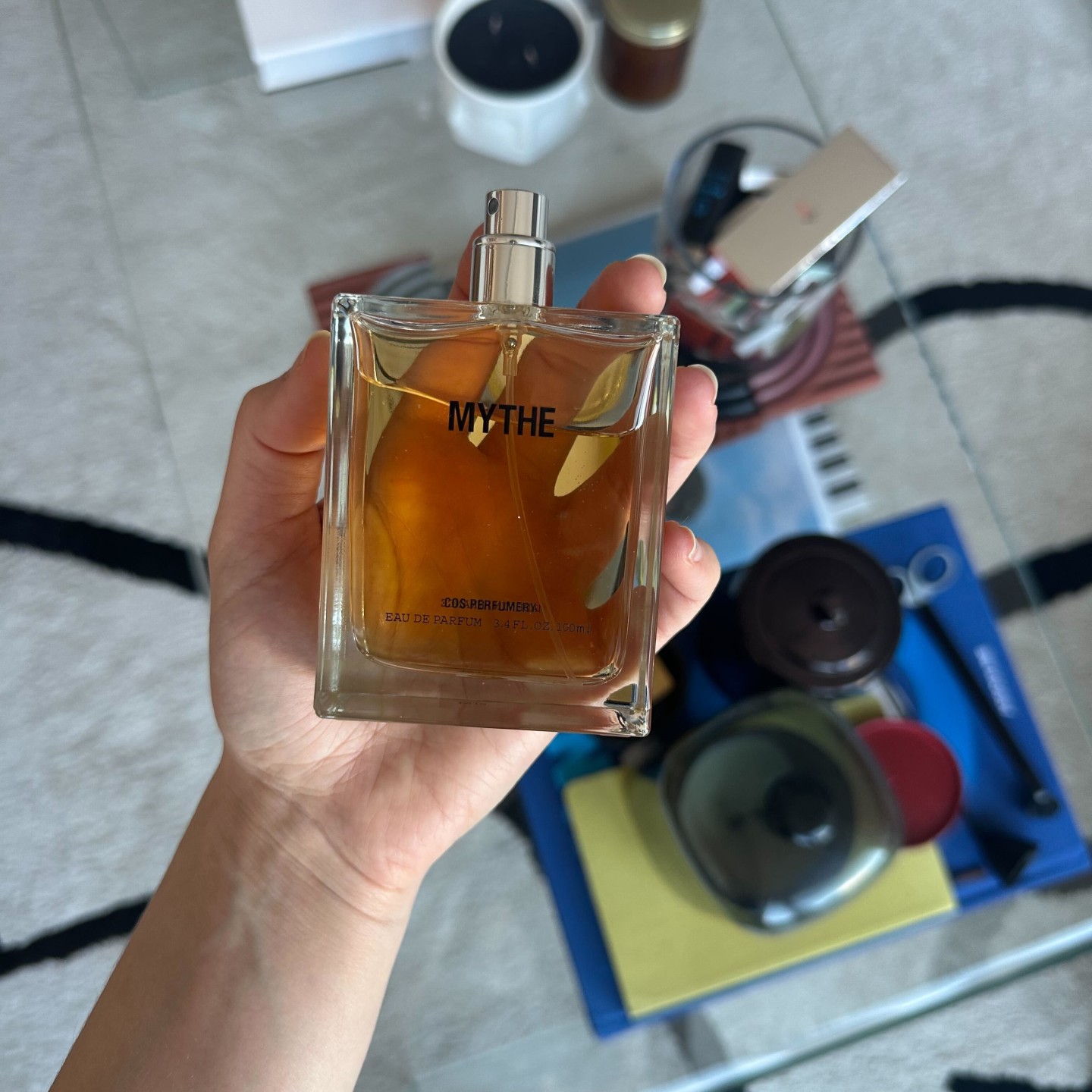Taking Valerian Root for Sleep: Is It Worth It?

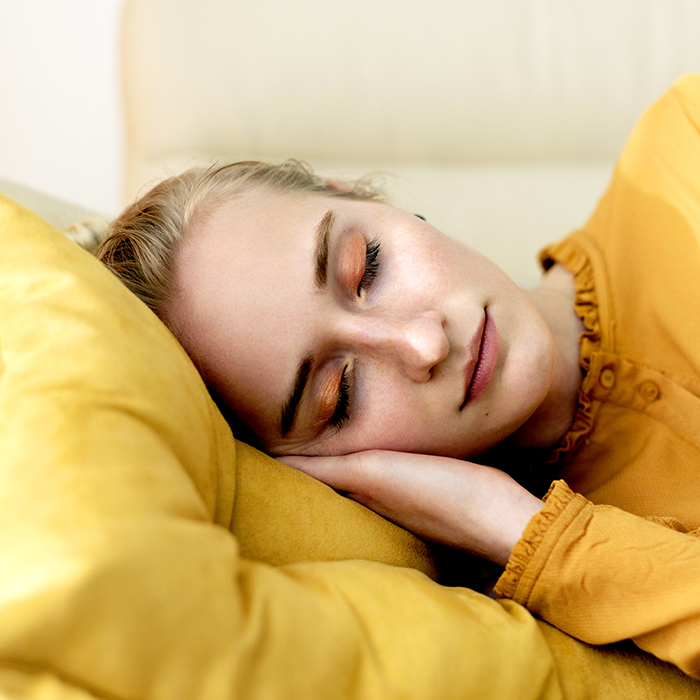
"Insomnia affects approximately one-third of the adult population," a 2006 study published in The American Journal of Medicine finds. In fact, approximately 40% of adults with insomnia have used over-the-counter medication to help induce sleep, though there is only limited evidence to support the efficacy of many of those commonly used medications.
However, there is an all-natural alternative that yields favorable results, according to the University of Maryland Medical Center, "Valerian has been used to ease insomnia, anxiety, and nervous restlessness since the second-century A.D."
"As well as inducing sleep," Pole continues, "valerian encourages high-quality sleep, ensuring that we get good levels of REM sleep, encouraging full-body relaxation and restoration, helping us to feel vital and energized on waking." Below, find more information about this all-natural sleep supplement.
Valerian hasn't solely been used as a sleep aid.
"Valerian is native to Europe and Asia, and is a food source to many species of the butterfly," says Pole. "It has a particularly distinctive smell, but despite its scent, valerian was traditionally used to sweeten the smell of clothes and as a base for perfume."
Valerian root encourages GABA in your brain.
GABA is a naturally occurring chemical compound produced in your brain that helps to relax your body. Sebastian Pole, herbalist and co-founder of Pukka Herbs notes: "Scientific research is now also showing us that certain constituents within [valerian root] bind to specific receptors that inhibit activity in the central nervous system, creating a calming, sedentary effect."
"After 60 minutes of administration," a clinical trial's abstract reads, "GABA significantly increases alpha waves and decreases beta waves compared to water or L-theanine. These findings denote that GABA not only induces relaxation but also reduces anxiety."
It's most effective after a few weeks of use.
One study found valerian was no more effective than placebo for 14 days—however, by 28 days, valerian greatly improved sleep for those who were taking it. So researchers have come to believe you should take valerian root for a few weeks before it begins to work.
Valerian root has fewer side-effects than other sleep medications.
Studies show valerian "reduces the time it takes to fall asleep and improves the quality of sleep." And, unlike many prescription sleeping pills, valerian has far fewer side effects (like drowsiness or strange dreams).
[Ed. note: Please speak with a doctor before trying any new supplements or making major dietary adjustments.]
Disclaimer
This article is provided for informational purposes only and is not intended to be used in the place of advice of your physician or other medical professionals. You should always consult with your doctor or healthcare provider first with any health-related questions.
-
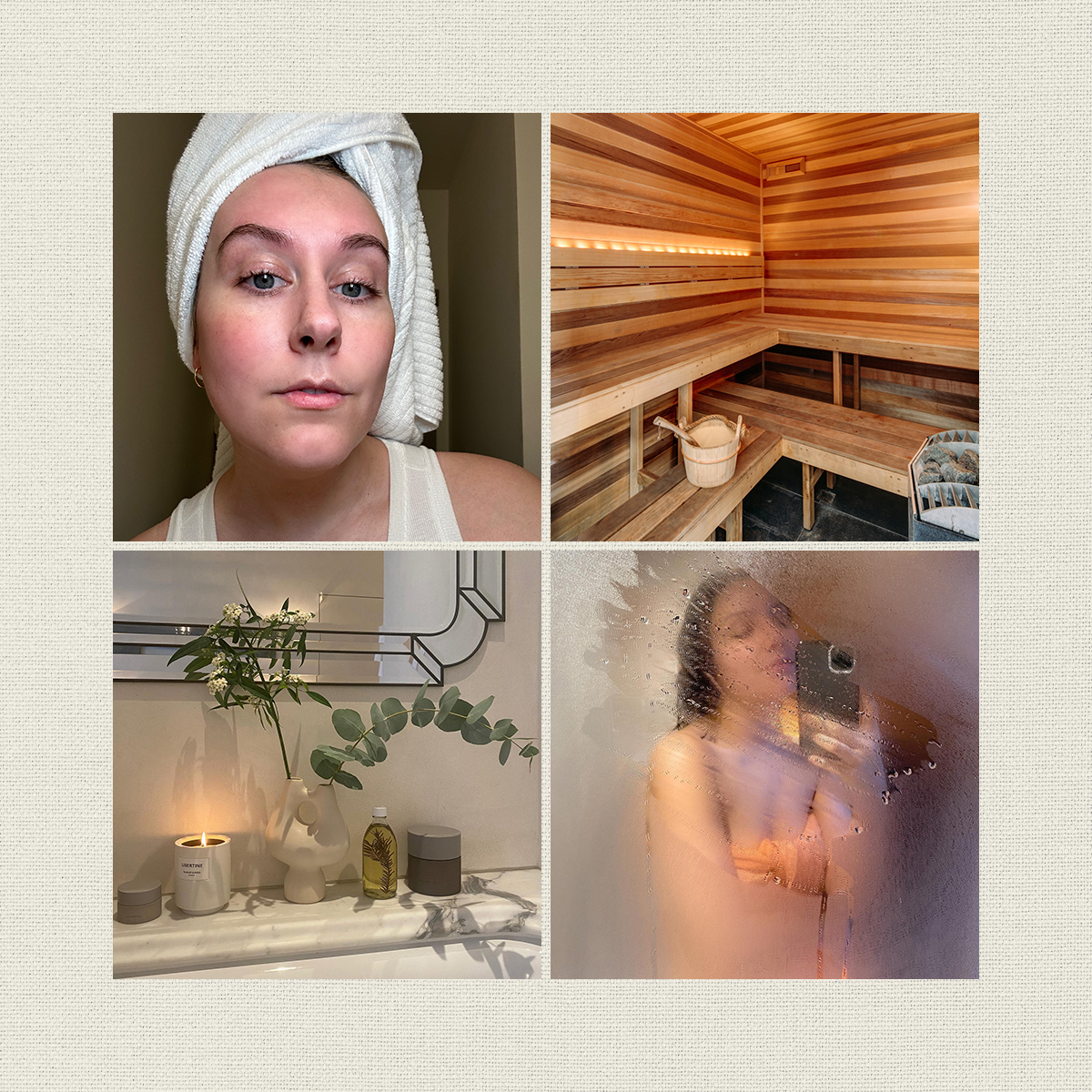 I Tried the Internet-Famous Sauna–Cold Plunge Combo—It Eliminated Skin, Sleep, and Stress Issues
I Tried the Internet-Famous Sauna–Cold Plunge Combo—It Eliminated Skin, Sleep, and Stress IssuesHere's my unfiltered experience.
By Kaitlyn McLintock
-
 The Most Well-Rested Fashion People Say These Are the Absolute Best Mattresses (and They're on Sale)
The Most Well-Rested Fashion People Say These Are the Absolute Best Mattresses (and They're on Sale)Sleepy girl summer.
By Ana Escalante
-
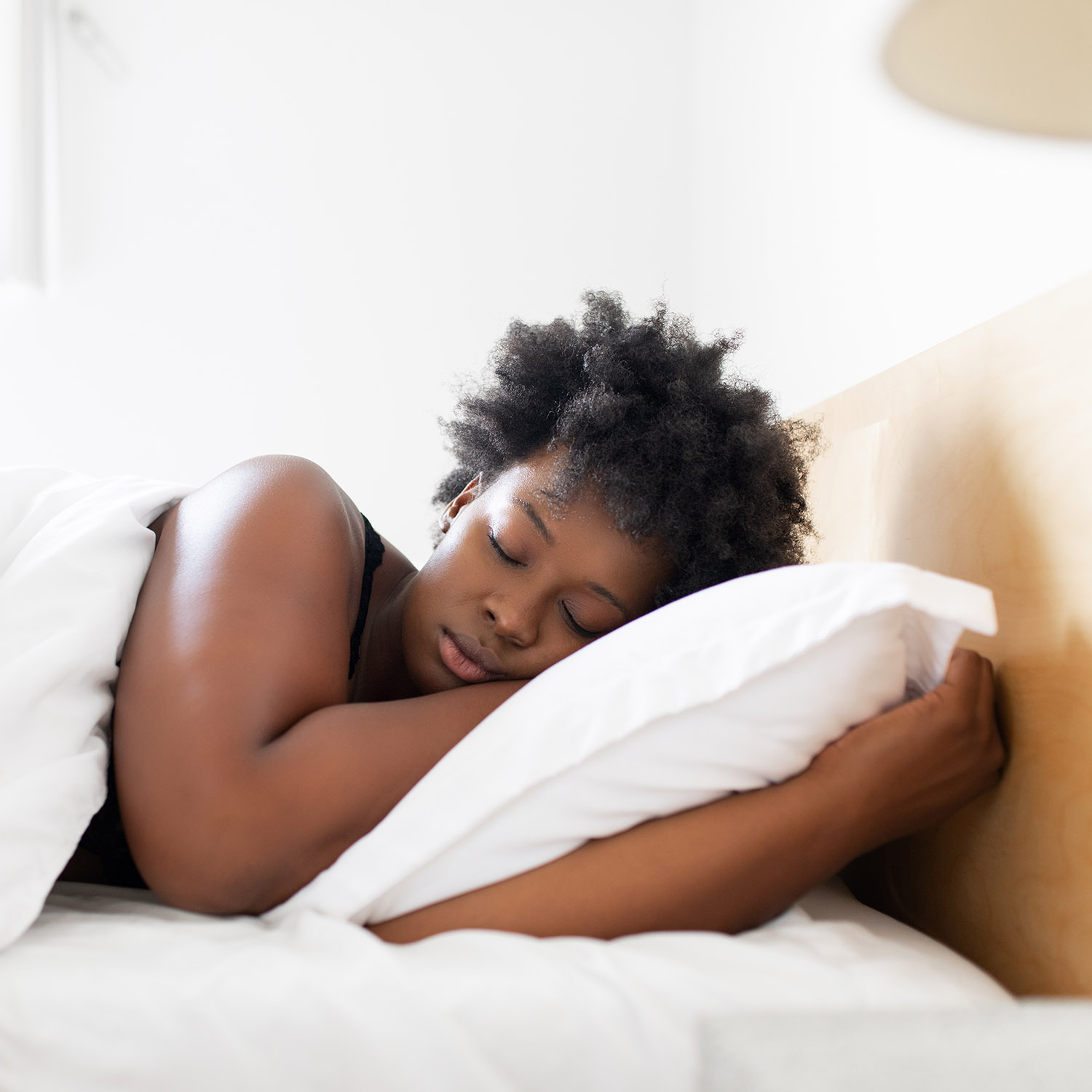 Add This 5-Minute Trick to Your Bedtime Routine to Fall Asleep Faster
Add This 5-Minute Trick to Your Bedtime Routine to Fall Asleep FasterYou'll be so relaxed.
By Sarah Yang
-
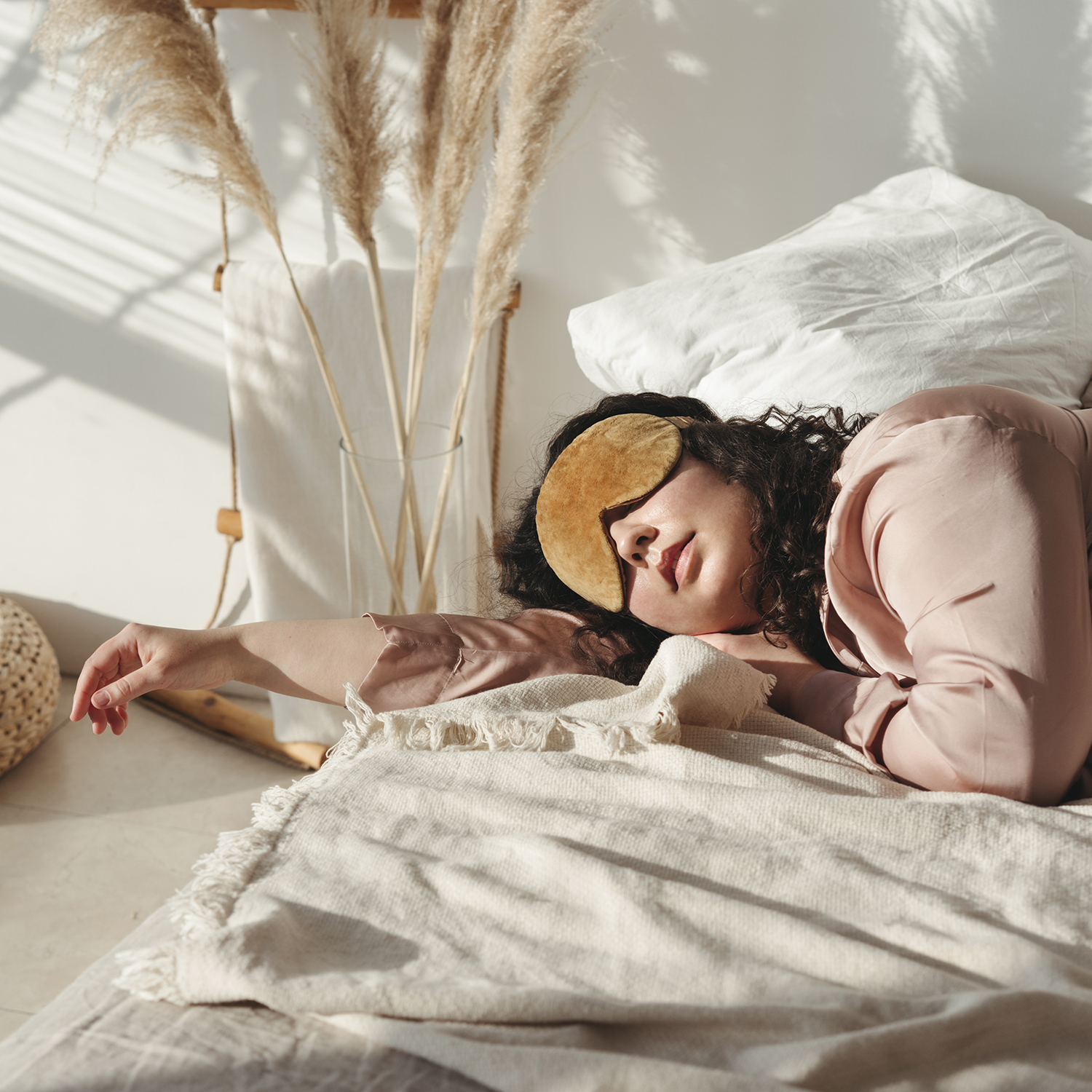 10 Things That Can Mess With Your Sleep—and What to Do About It
10 Things That Can Mess With Your Sleep—and What to Do About ItGet quality shut-eye.
By Sarah Yang
-
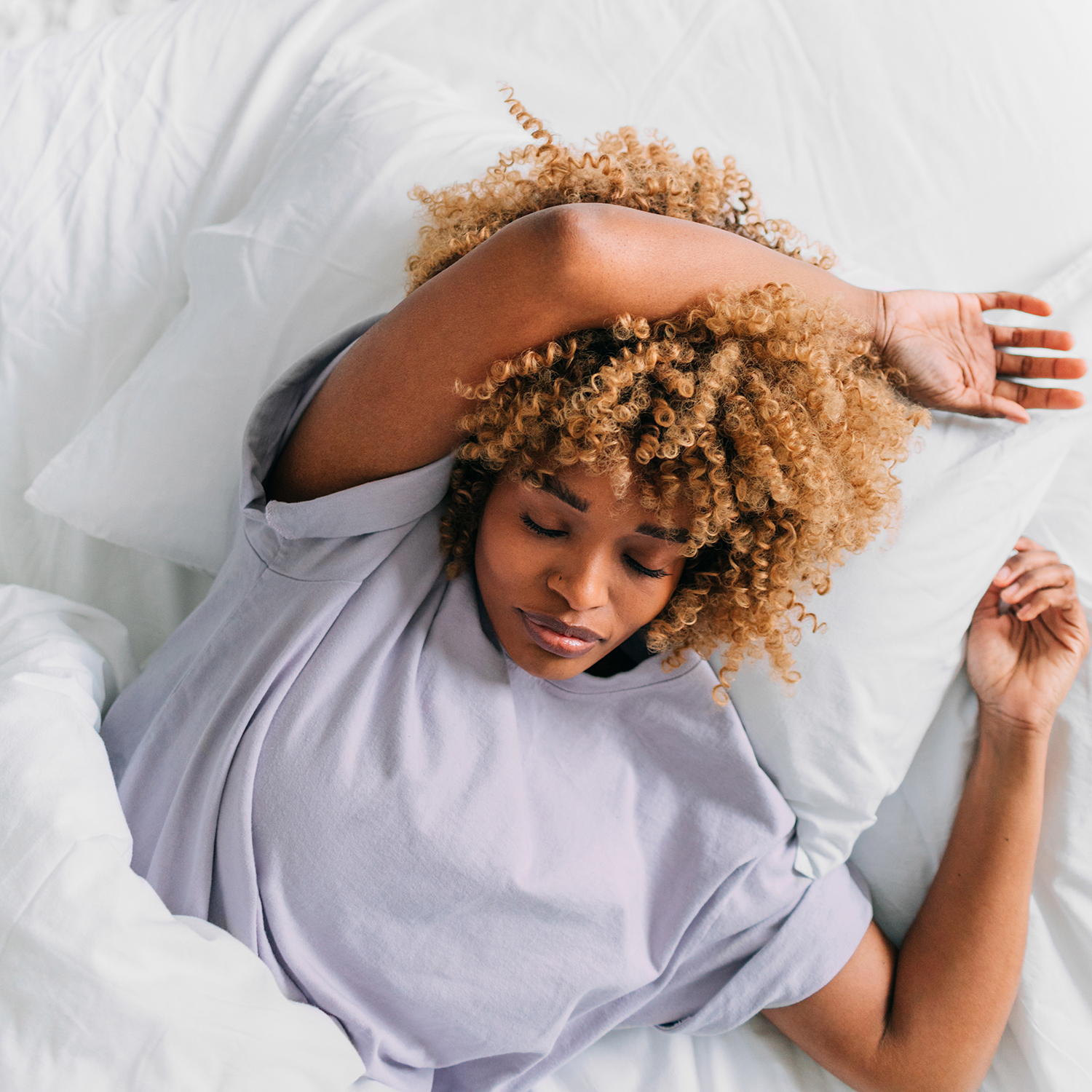 12 Natural Remedies to Try When You're Wide Awake and Want to Fall Asleep Fast
12 Natural Remedies to Try When You're Wide Awake and Want to Fall Asleep FastOff to dreamland.
By Sarah Yang
-
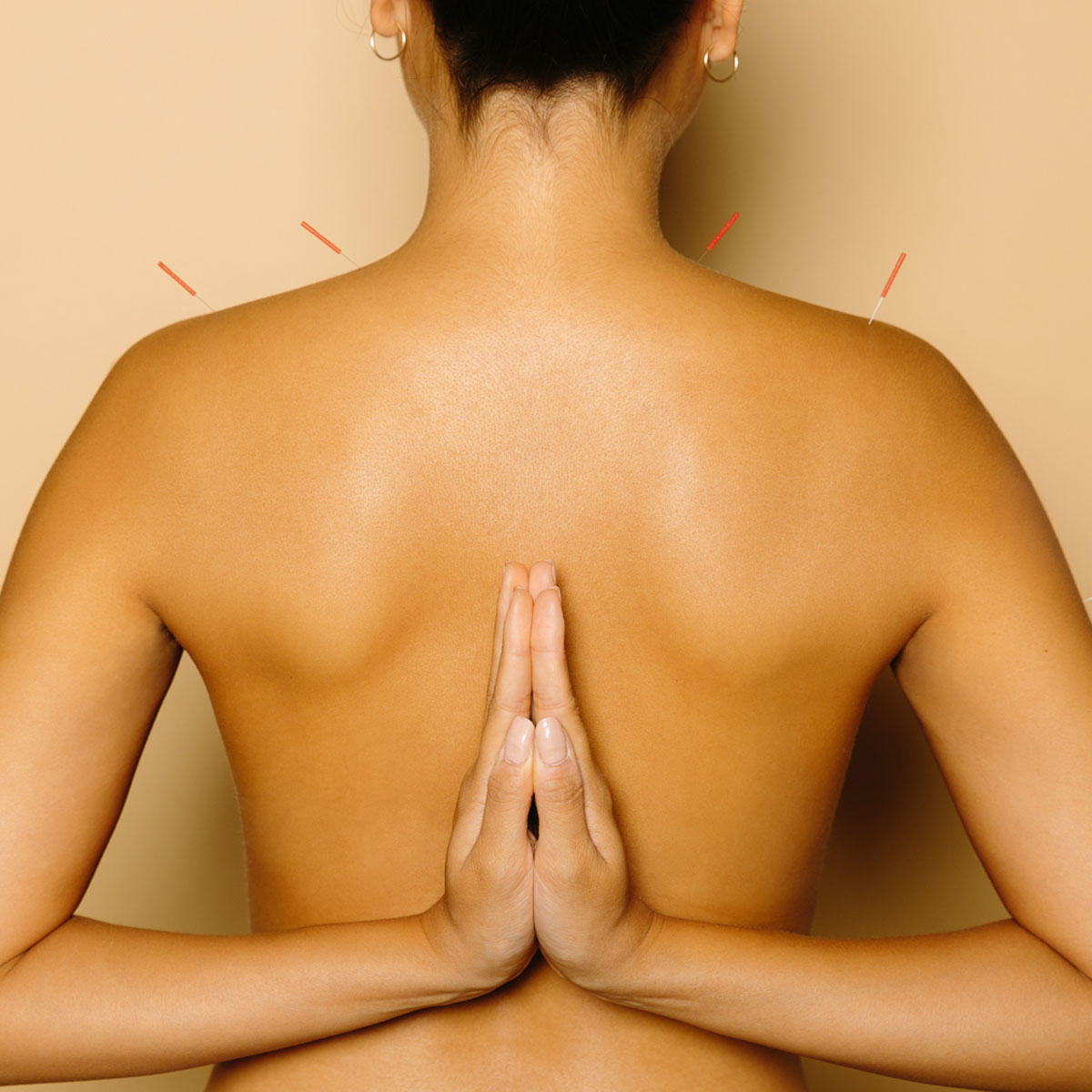 After Just 4 Sessions, I'm Completely Hooked on This Ancient Wellness Treatment
After Just 4 Sessions, I'm Completely Hooked on This Ancient Wellness TreatmentIt's surprisingly relaxing.
By Drew Elovitz
-
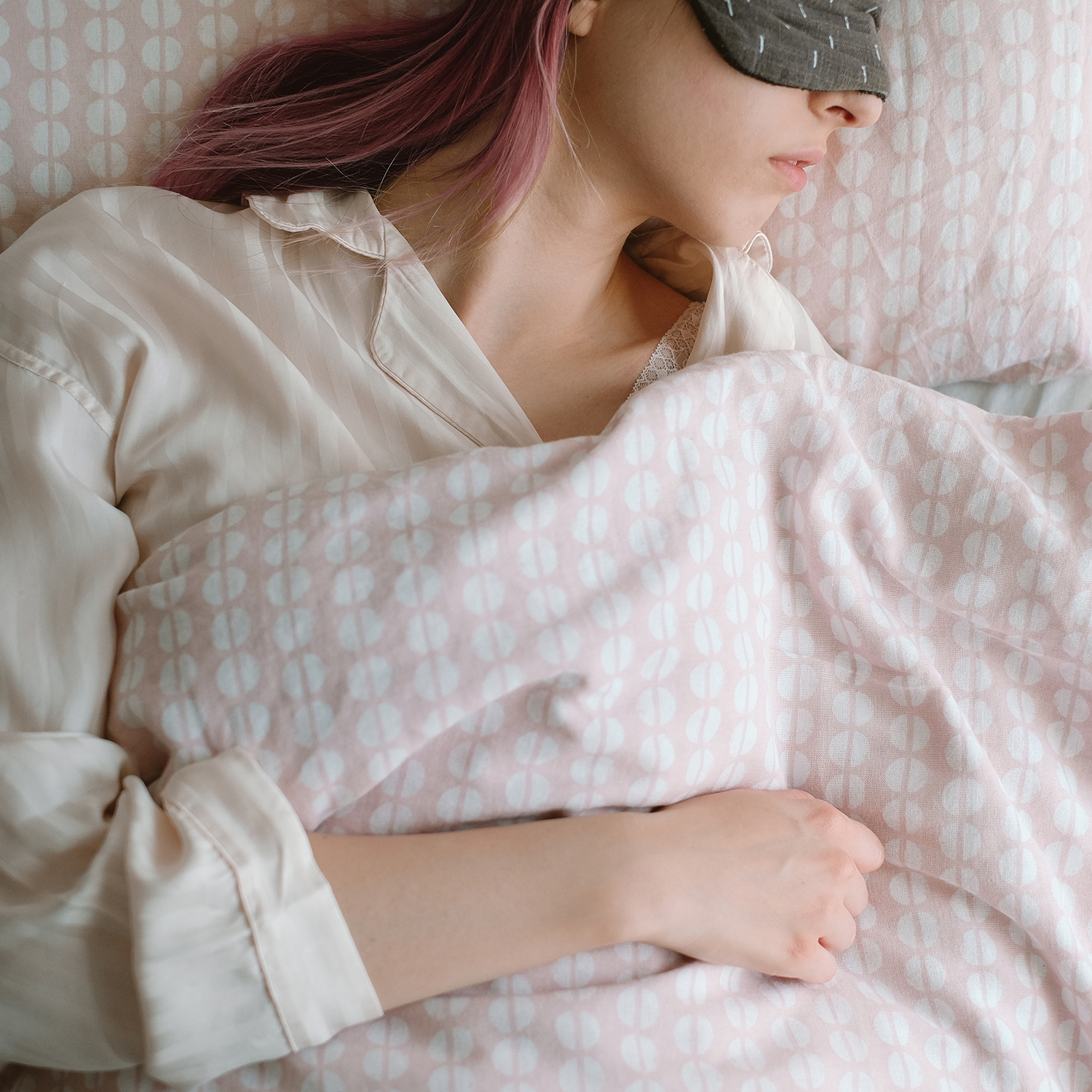 This Supplement Just Might Help You Get to Sleep Faster
This Supplement Just Might Help You Get to Sleep FasterAn option for your bedtime routine.
By Sarah Yang
-
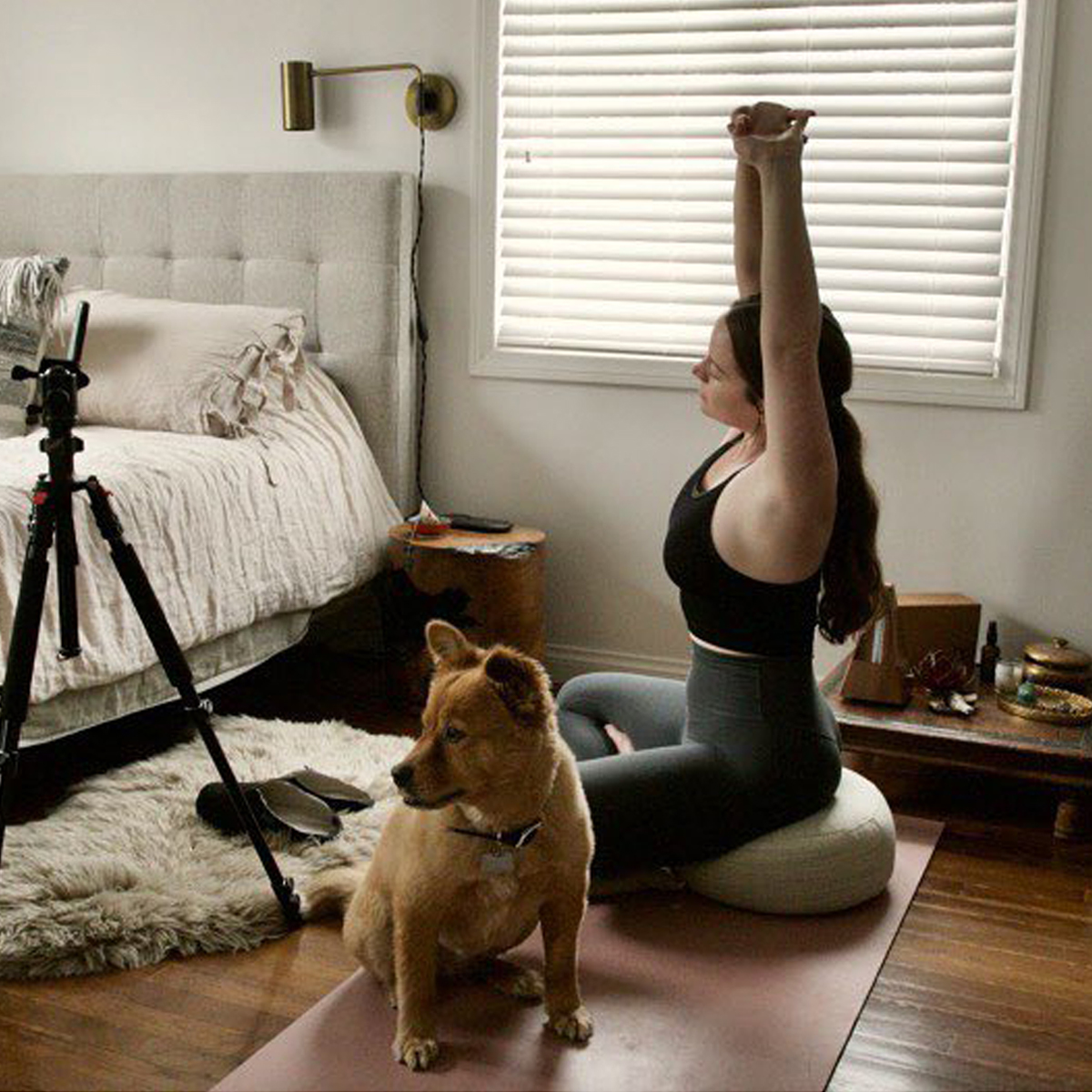 These Relaxing Yoga Poses May Actually Help You Fall Asleep Tonight
These Relaxing Yoga Poses May Actually Help You Fall Asleep TonightBreathe in, breathe out, and set your phone to airplane mode.
By Lindy Segal
